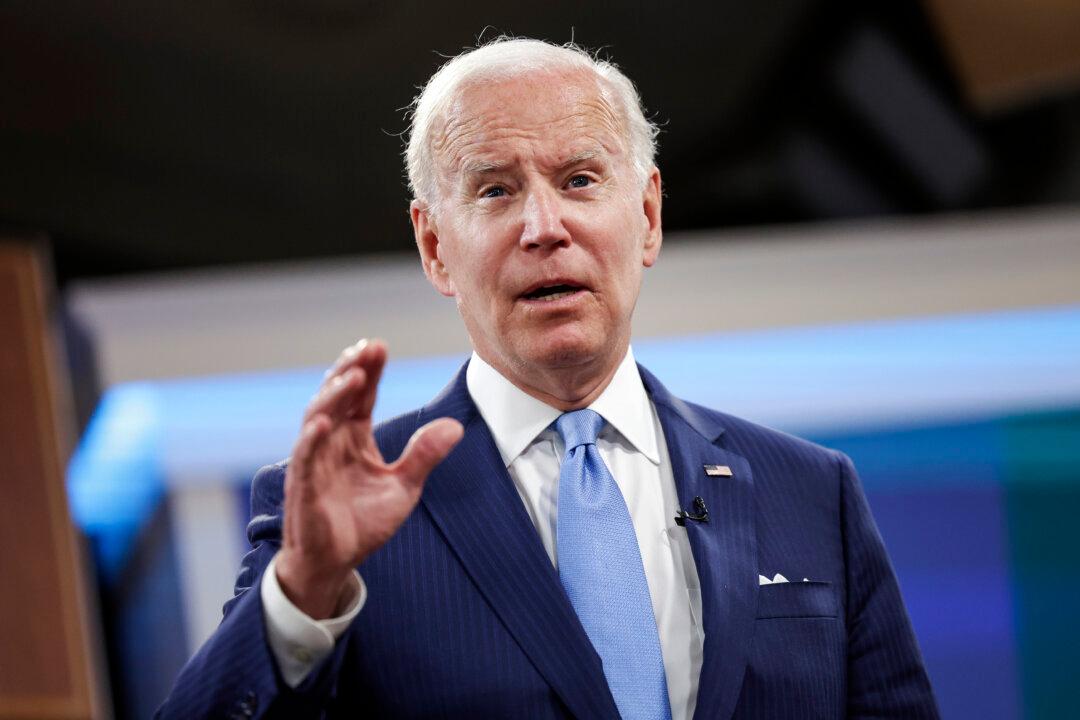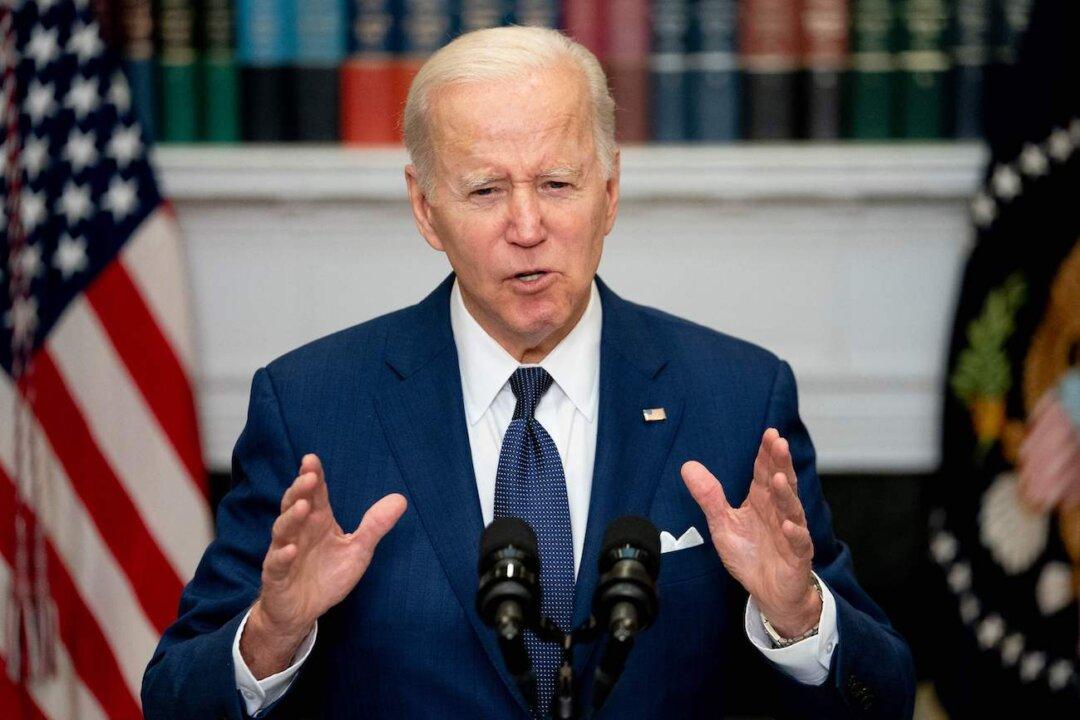The White House announced Thursday its coronavirus response coordinator Jeff Zients is stepping down after managing the federal response to the spread of the CCP (Chinese Communist Party) virus for more than a year, which included coordinating the largest-ever government distribution of vaccines.
In a statement, President Joe Biden announced that Zients will be replaced by the dean of the Brown University School of Public Health, Dr. Ashish Jha, to lead what the White House has characterized as “a new moment” in its fight against the virus.




